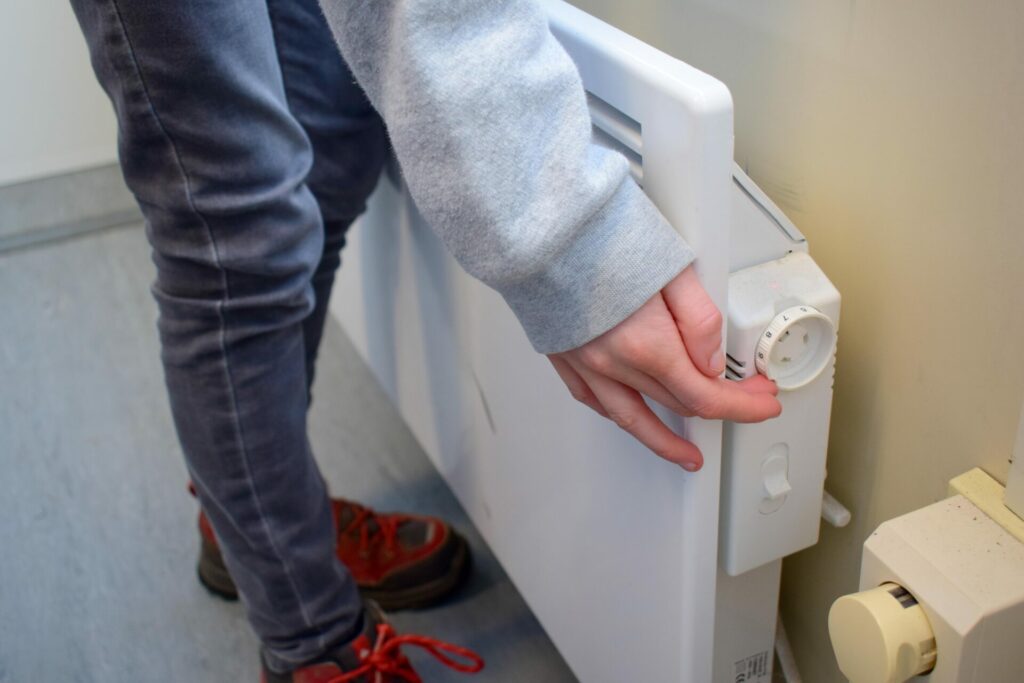In 2021, 7% of people in the EU were unable to keep their home adequately warm, according to statistics published by Eurostat, the EU’s statistical office. Most worryingly, in Bulgaria nearly a quarter of households went without proper heating.
The situation varied drastically across EU Member States. Unsurprisingly, relatively wealthier western European countries had fewer problems with keeping their homes warm than the poorer east. Scandinavian countries, well-adapted to their climate, were most able to heat their houses, with only 1.3% struggling to stay warm in Finland compared with 22.5% in poorer Lithuania.
"The ability to keep a home adequately warm depends on a number of factors, including the general condition of the building, the outside temperature and the cost of energy," the statisticians explained.
The economic gap between eastern and western EU countries has likely closed in the years following 2021, as Russia’s invasion of Ukraine drove the price of gas to historic highs.
❄️🏠 In 2021, 6.9% of the EU population was unable to keep their home adequately warm.
Largest shares in: 🇧🇬Bulgaria (24%) 🇱🇹Lithuania (23%) 🇨🇾Cyprus (19%) Lowest shares in: 🇫🇮Finland (1%) 🇸🇪Sweden, 🇸🇮Slovenia and 🇦🇹Austria (all below 2%) 👉 https://t.co/8oL0b4aX2u pic.twitter.com/qEV80Jf0kX — EU_Eurostat (@EU_Eurostat) May 15, 2023
In Belgium, just 3.5% of households reported that they were unable to keep their homes adequately heated in 2021. Despite the absence of official data, it is likely that many Belgians were unable to warm their homes last year, as the average annual energy bill rose by 95% to €6,000. Many Belgians reported that they were consequently turning their heating down by several degrees or completely off.
Related News
- European gas prices fall back to pre-war levels
- One week left to apply for Belgium's energy premiums: How to get them
In September 2022, around 63% of Belgians stated that they feared that they would not be able to pay their energy bills. Across Europe, the most vulnerable were the most significantly affected.
According to a study conducted by the Economist, high energy prices likely resulted in the death of 68,000 Europeans last winter – more than were killed by Covid-19.

